REGIMES considered invincible have fallen or been shaken by the popular uprising that has rocked the Arab world from the Gulf to the Atlantic since the beginning of the year. While Muammar Qadhafi tries desperately to cling on to power, and people die and homes burn, the situation in Syria and Jordan too indicates a higher level of protests. While at least one demonstrator has died in Jordan, the number of casualties and conditions in Bashar al-Assad’s fiefdom are difficult to assess because of the restrictions on local and foreign media, although according to Amnesty International 55 people have been killed. Violence previously confined to Deraa has spread to several cities, including Hama, Latakia and Damascus, where the demonstrators started a fire under the statue of the late Hafez al-Assad, the president’s father, and pro- and anti-regime partisans have clashed.
The issue in Syria and Jordan is, again, freedom and the people’s rage against the continuation of decades-old authoritarian regimes which lack legitimacy. According to the foreign media, the Syrian president is a popular figure. He has promised to concede some ground, including a possible end to the emergency imposed in 1963. However, to quote a cliché, this is too little, too late. Thanks to the electronic media, the wave of freedom ignited in the Maghreb has spread like wildfire throughout the Middle East, presenting the rulers, whether monarchs or civilian despots, with a stark choice: either give freedom to the people or go the way of Ben Ali and Hosni Mubarak. The Arab masses have reason to be angry. The humiliations which they have suffered — Palestine and Iraq come to mind immediately — stem directly from their rulers’ failure to give franchise to their people, industrialise their countries, acquire science and technology, create modern, egalitarian societies through economic equality, establish a wider social base that could give a stake to their people in the running of their states and take the Middle East into the 21st century. Repression is counterproductive. It may give a breather to dictatorial regimes, but in the end it is the people’s will that triumphs.



































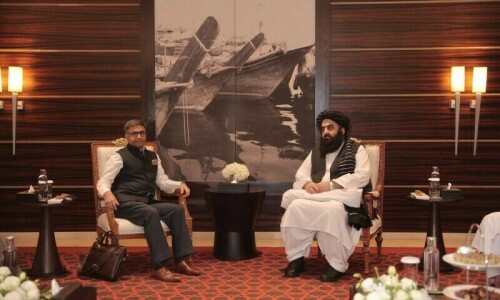
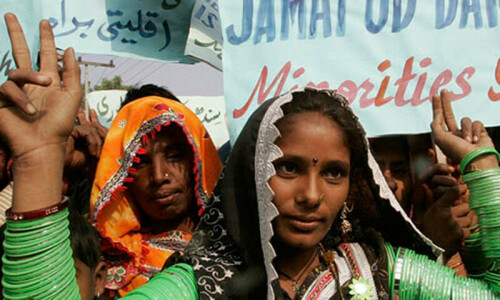
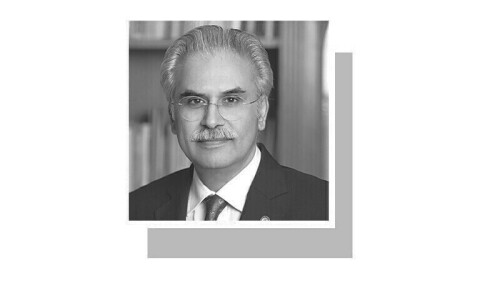

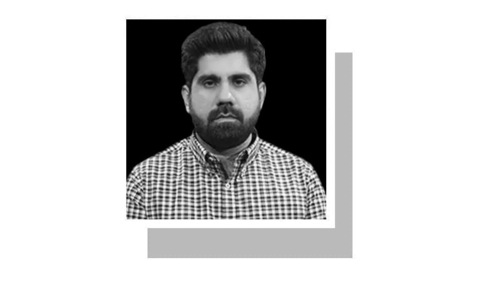
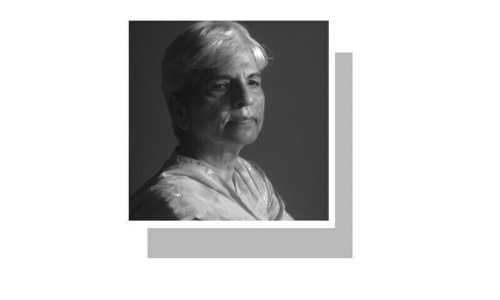

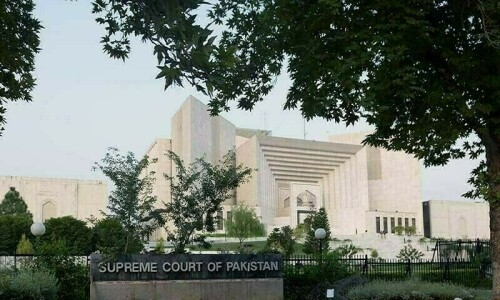

Dear visitor, the comments section is undergoing an overhaul and will return soon.